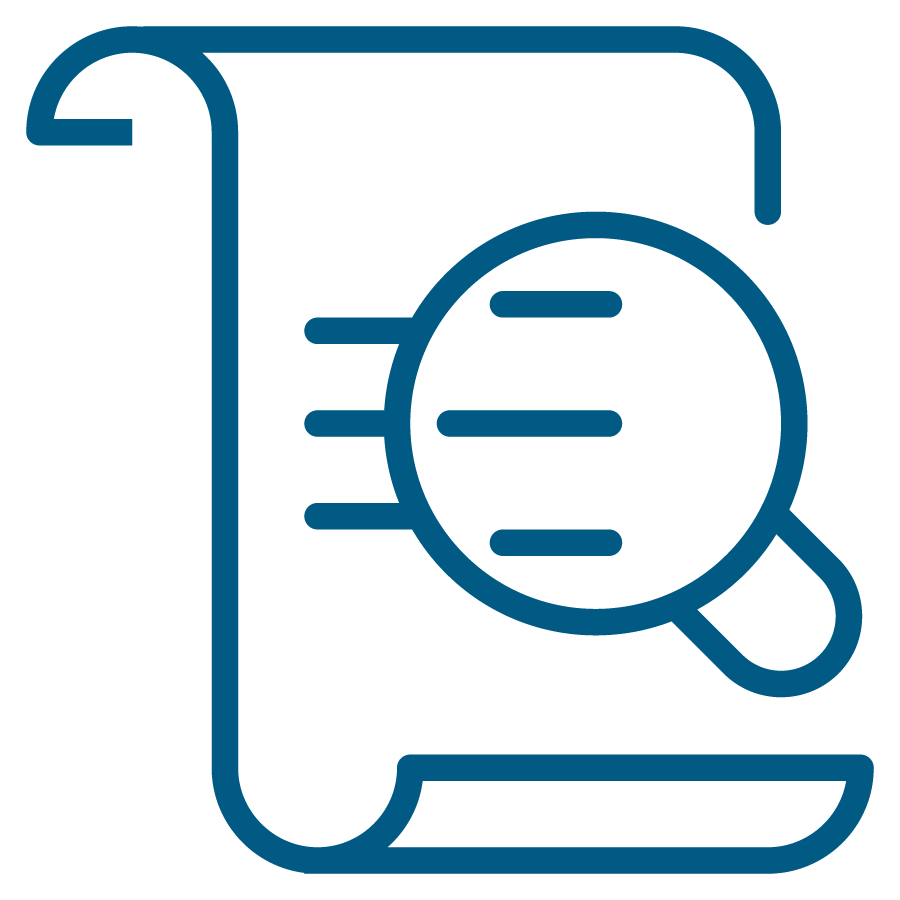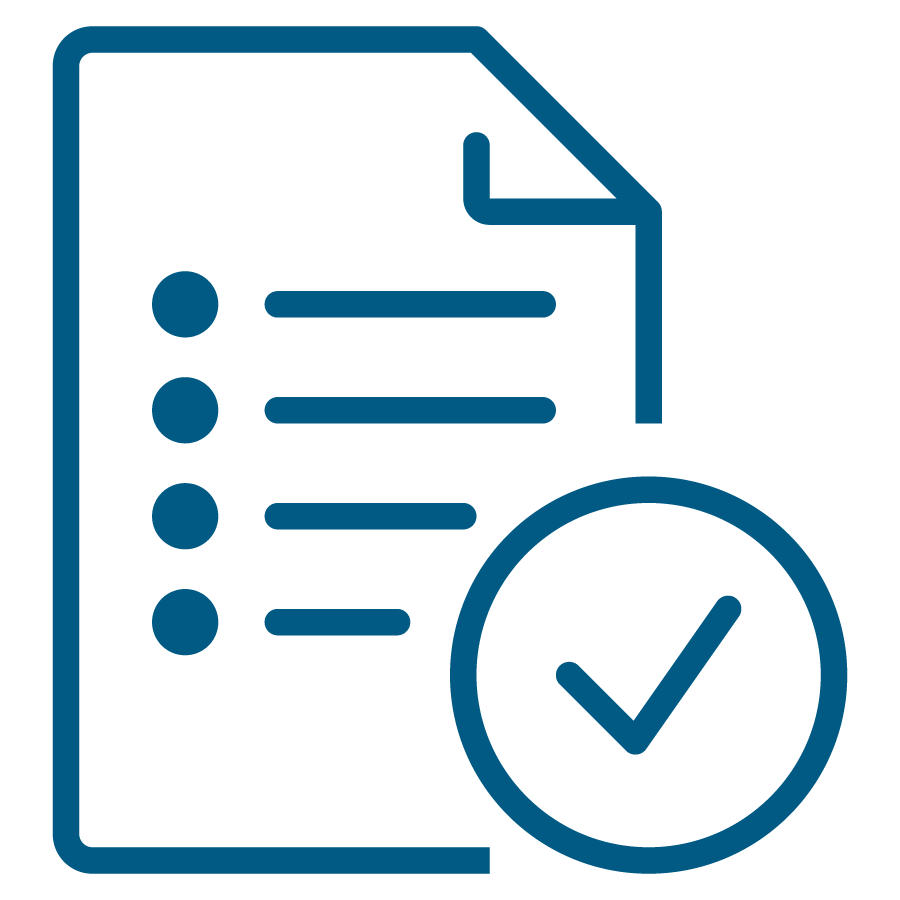The Department of Climate Change, Energy, the Environment and Water (DCCEEW) is seeking feedback on the updated Climate Change Considerations chapter in Australian Rainfall and Runoff: A Guide to Flood Estimation (ARR).
Background
ARR is one of the most widely used references to help manage flood risk for the built environment. The climate change chapter provides practitioners, designers, and decision makers with guidance on how to assess the changing risks due to climate change on design flood characteristics. This in turn, is intended to inform the design standards our built environment and public infrastructure is built to.
The ARR Guideline was first reviewed by Engineers Australia in 1987 and has undergone many reviews since. It is currently housed by Geoscience Australia on behalf of the Australian Government, however EA’s National Committee of Water Engineers (NCWE) who host EA’s annual Hydrology and Water Resources Symposium are still key stakeholders.
In late 2022, the Department of Climate Change, Energy, the Environment and Water (DCCEEW), in partnership with Engineers Australia, started a project funded under the National Emergency Management Agency (NEMA), Disaster Risk Reduction Package to update the Climate Change Considerations chapter of ARR. A Technical Reference Group of subject matter experts was established to lead the authorship of the review and a Project Control Group for governance, guidance and review. I co-chair the Project Control Group with Leanne Wilkinson, from DCCEEW.
In May 2023, a document was released for stakeholder consultation – Update to the Climate Change Considerations chapter in Australian Rainfall and Runoff: A Guide to Flood Estimation (Discussion Paper). The stakeholder consultation process ran from 30 May to 19 June 2023.
Informed by the findings of the stakeholder consultation and a comprehensive review of the latest science, Engineers Australia developed a draft updated Climate Change Considerations Chapter, which is now open for consultation.
Consultation Opportunity
The project is now seeking feedback from engineers, peak industry bodies, governments and other subject matter experts on the draft chapter to ensure that the updated guidance will reflect user needs before the document is finalised in mid-2024.
Please refer to the Consultation Hub for the Have Your Say feedback opportunity, which is now open and closes on the 12th February 2024.




